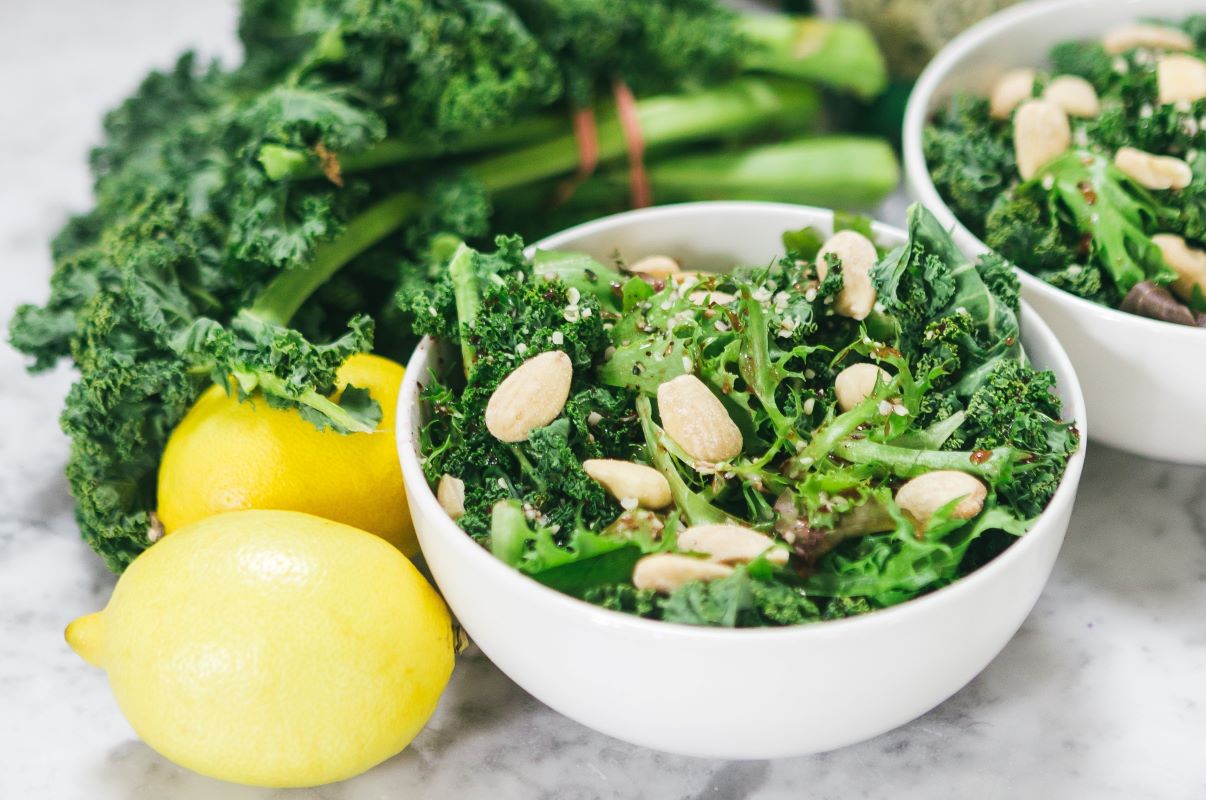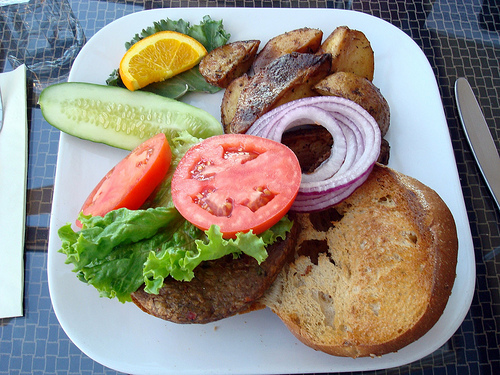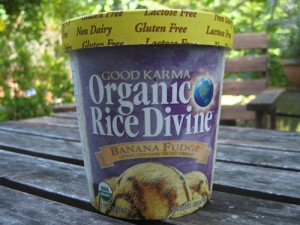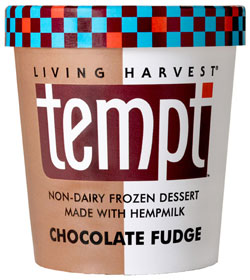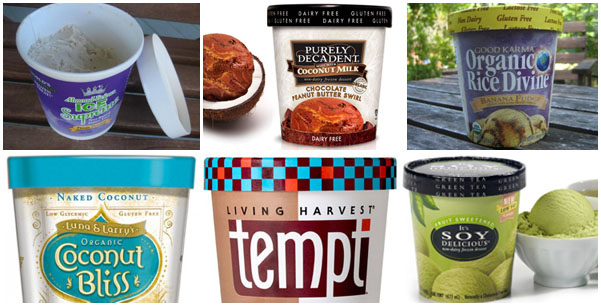Are you looking for vegan-friendly calcium sources to support your overall health? You’re in the right place! Calcium is crucial in maintaining healthy bones, muscle function, nerve transmission, and heart health.
Despite popular belief, vegans can quickly obtain sufficient calcium through various plant-based foods and supplements. In this blog post, we’ll explore the top vegan calcium sources and their benefits for your body – proving that dairy is one of many options for getting enough of this essential mineral.
Calcium and Its Importance for the Body
Calcium is an essential mineral that plays a crucial role in several bodily functions, such as maintaining strong bones and teeth, regulating muscle contraction, aiding nerve transmission, and supporting heart health.
In addition, calcium is involved in enzymatic functions, blood clotting, and maintaining normal blood pressure.
Calcium also contributes to the body’s alkaline balance by helping to maintain the body’s pH level, preventing acidification which can lead to health complications over time.
The body also uses calcium in cell division, which makes it integral for skin regeneration and healing.
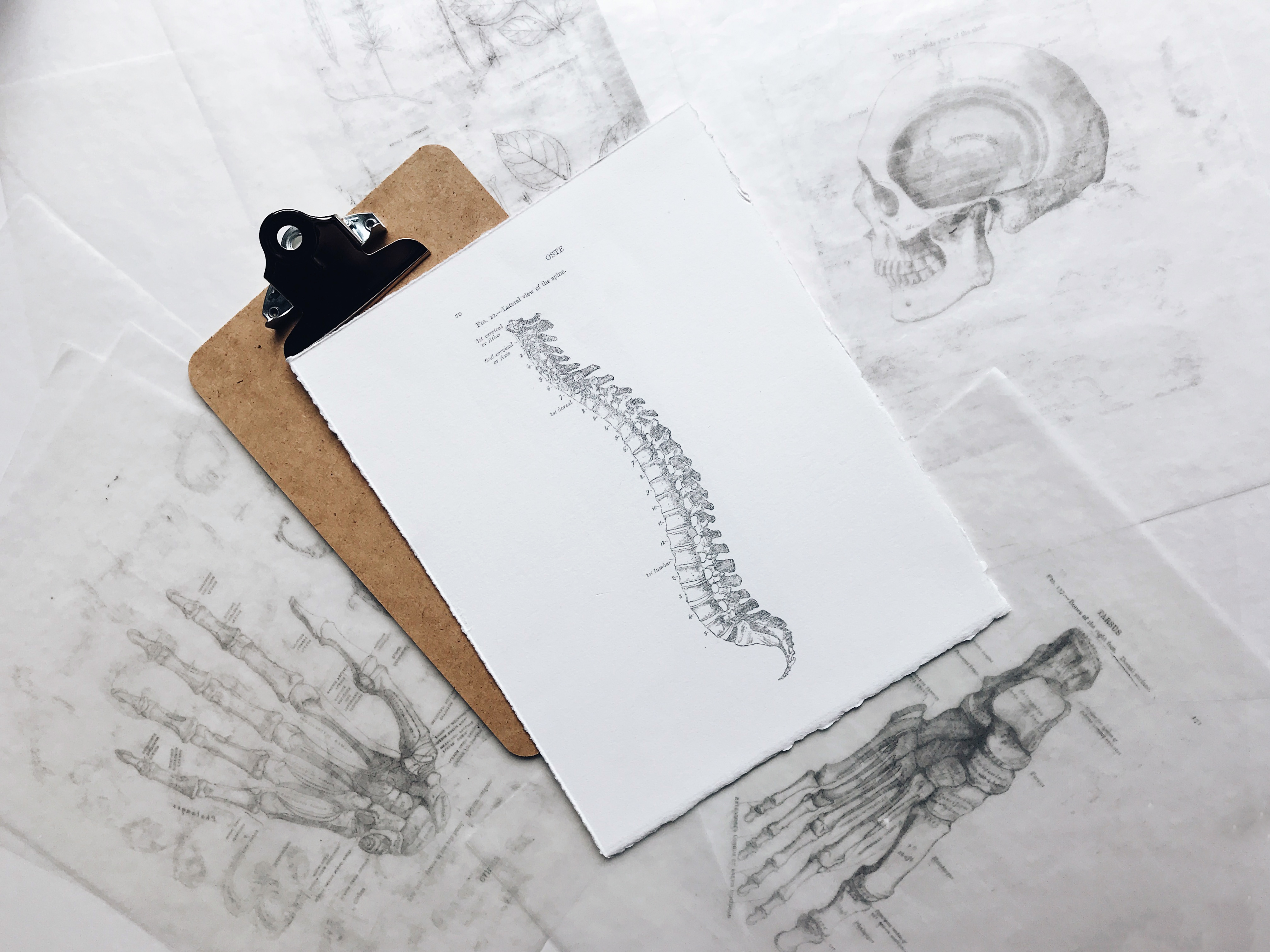
Bone Health
Strong bones are crucial to overall well-being, especially as we age. Bone health is vital to maintaining our structure and protecting internal organs. The National Institute of Health states that almost all (98%) calcium in the body is stored in the bones, and the body uses the bones as a reservoir for, and source of, calcium to maintain calcium homeostasis.
Consuming adequate calcium helps mitigate the risk of osteoporosis, a disease characterized by low bone mass and deterioration of bone tissue.

Muscle Function
Calcium is crucial in supporting muscle function, as it is directly involved in muscle contraction. This essential mineral helps activate nerve impulses for our muscles to contract and relax properly.
Calcium is key for smooth muscle tissues found in organs like the heart and stomach, meaning an adequate intake of calcium helps in the normal functioning of the digestive and cardiovascular systems.
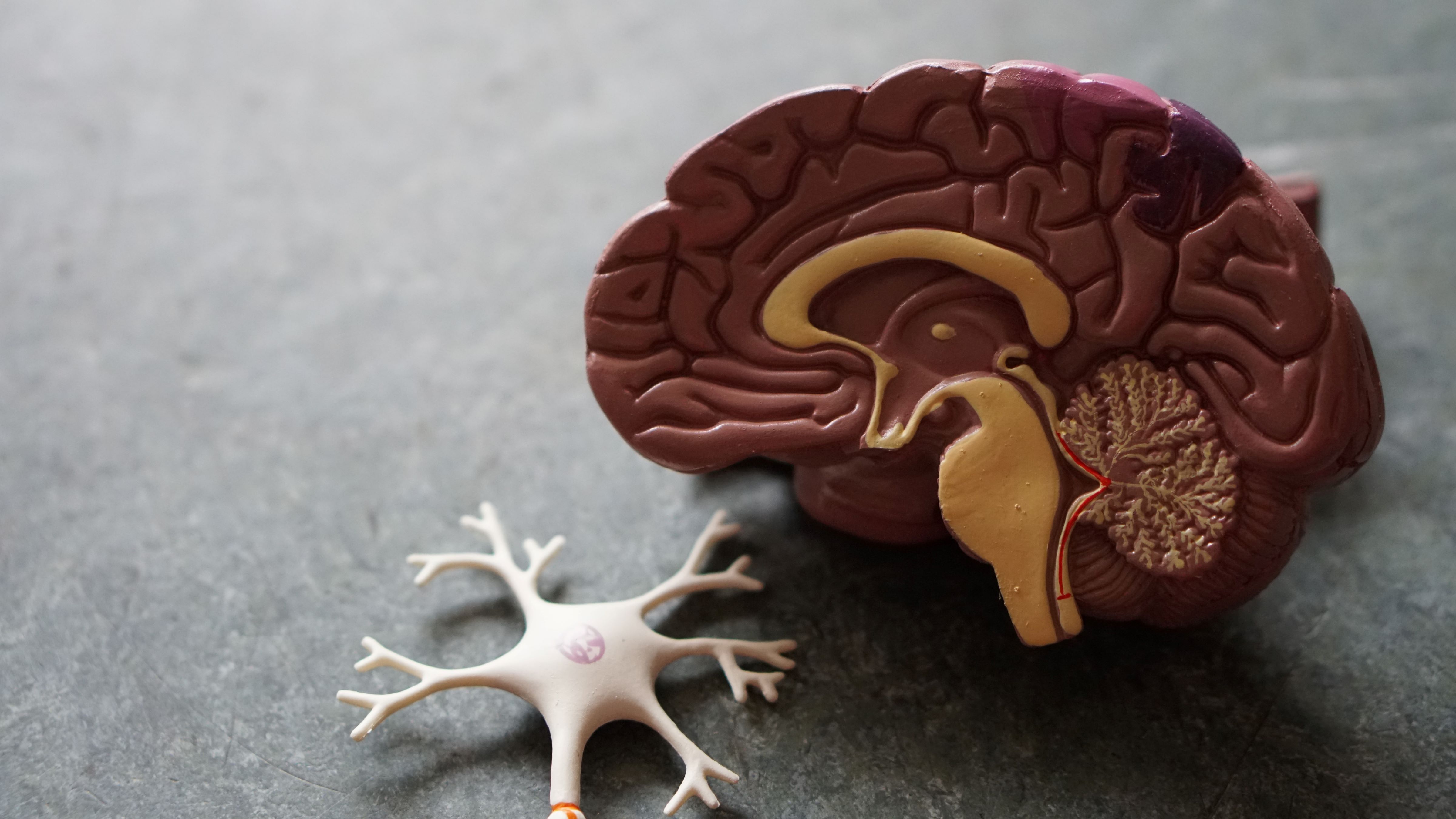
Nervous System
The nervous system plays a crucial role in regulating muscle contractions, an essential function that relies heavily on calcium. This vital mineral acts as a messenger by sending signals through nerve impulses and facilitating communication between the brain and muscles.
Calcium also aids the release of neurotransmitters, chemicals that transmit signals across cells, making it crucial for cognitive functions like memory and learning.
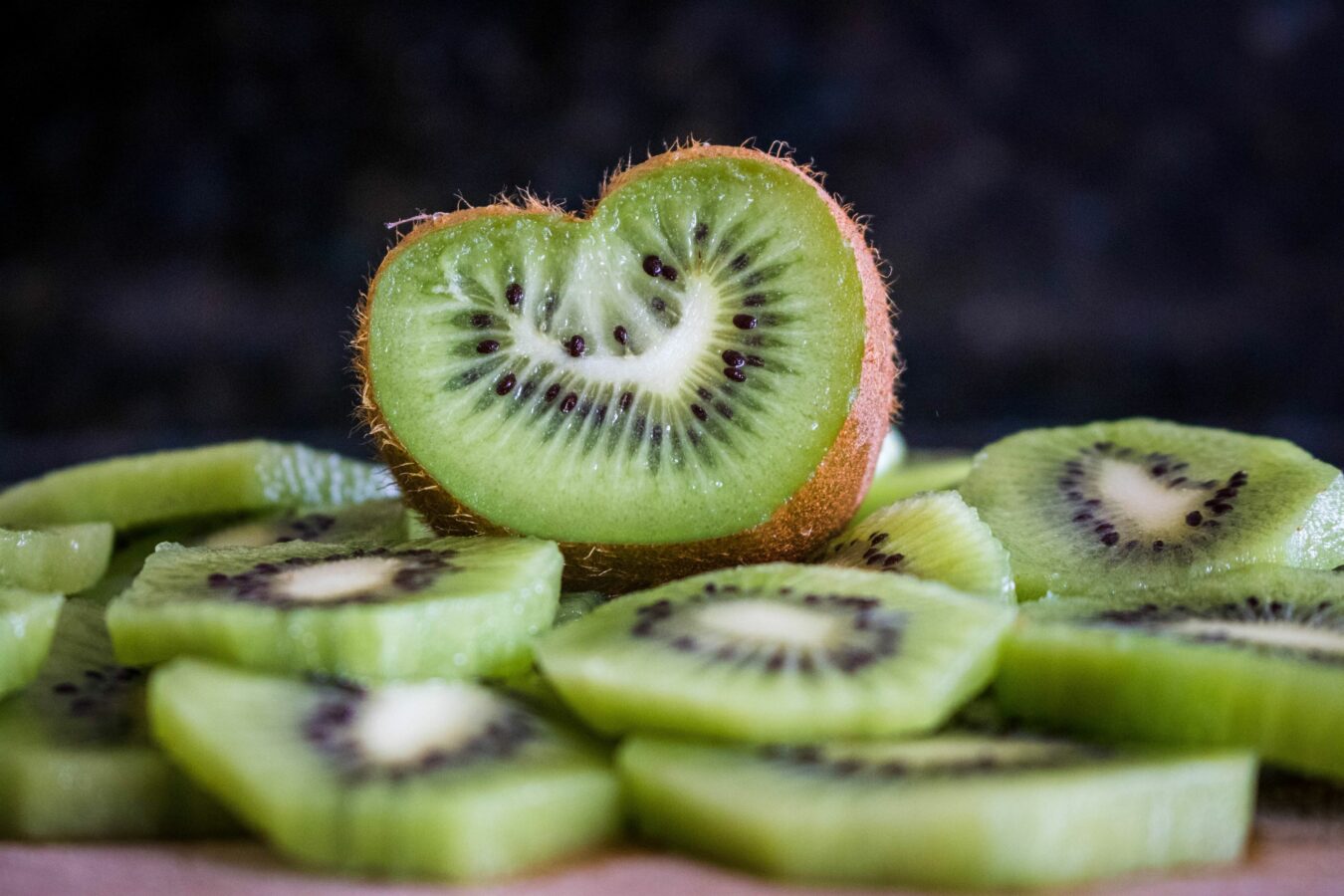
Heart Health
Calcium also plays a crucial role in maintaining a healthy heart. Adequate calcium intake helps the heart muscle contract and relax properly, allowing optimal blood flow throughout the body.
Moreover, calcium ions help transmit signals in the heart and other cells, critical for maintaining a regular heartbeat.
Vegan Food Sources of Calcium
Vegan food sources of calcium include dark leafy greens, whole grains, legumes, fortified plant-based milk, nuts, and seeds.
Vegetables
Dark leafy greens are a staple in any vegan diet and are essential for obtaining calcium. These nutrient-dense foods offer many health benefits beyond their calcium content, making them an excellent addition to any meal.
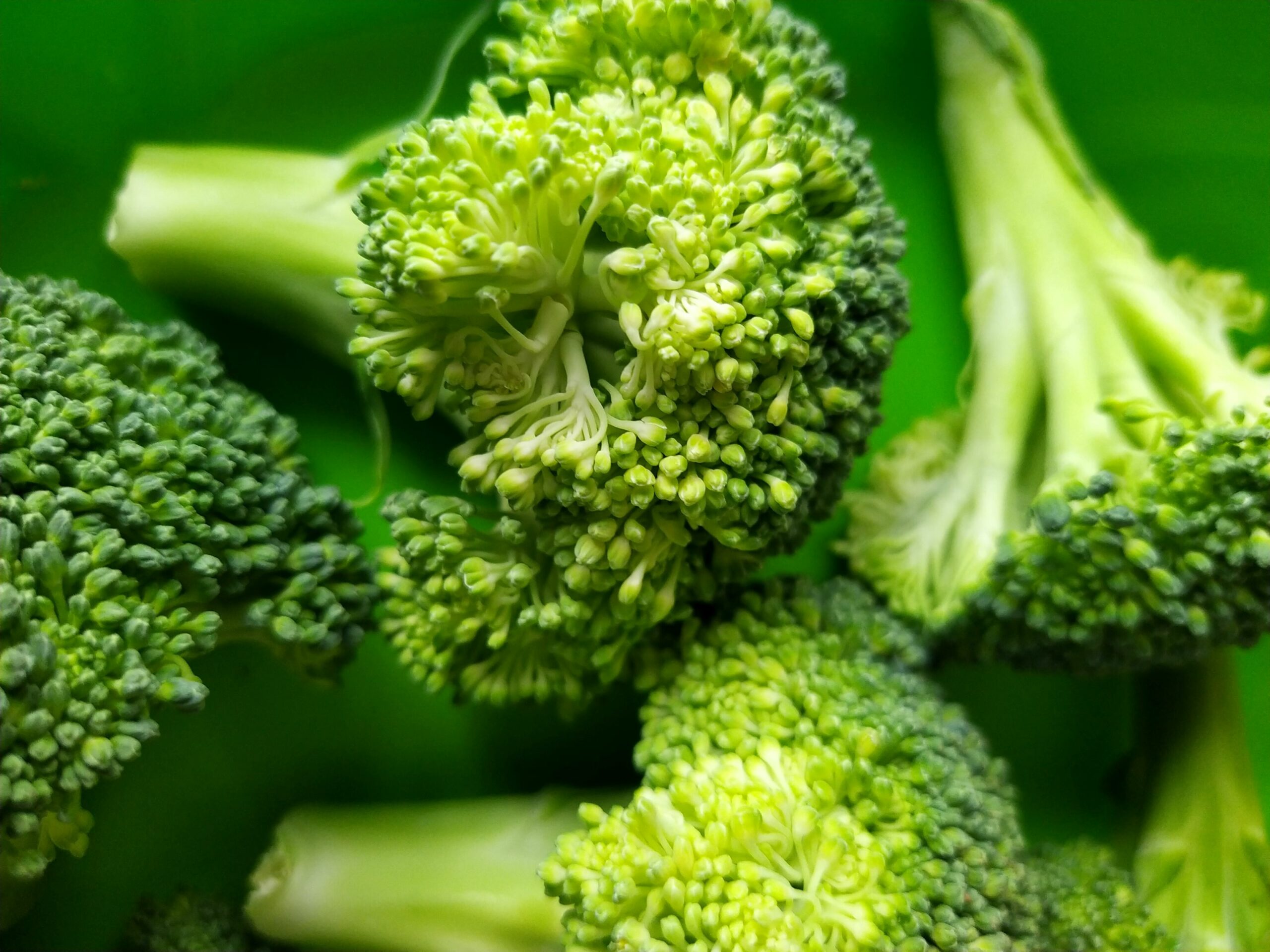
Broccoli
Contains a decent amount of calcium – up to 180mg per cup when cooked! Makes an amazing side dish when cooked with lemon, garlic, and some red pepper.
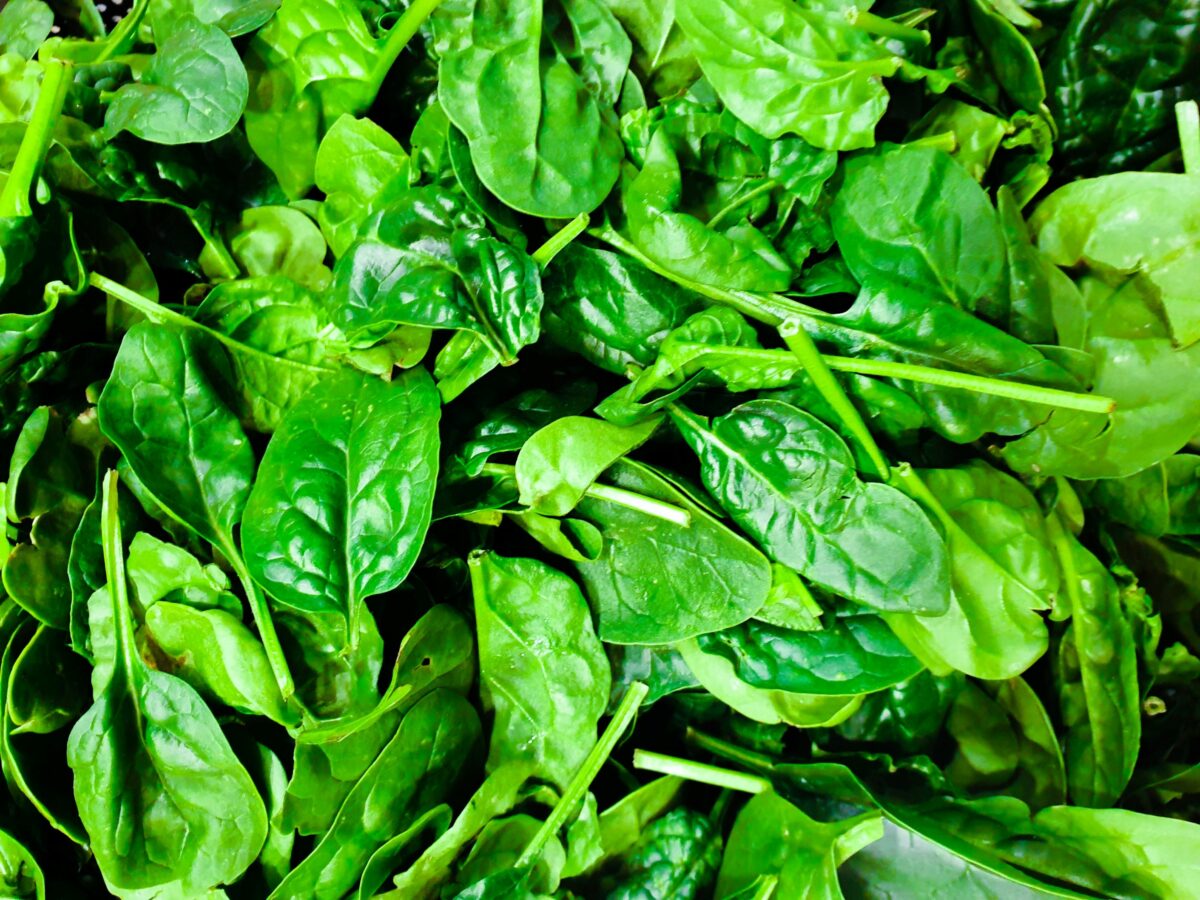
Spinach
Can contain up to 240mg of calcium per cup when cooked! Make wilted spinach and mushrooms for a nutritious, calcium filled side dish.
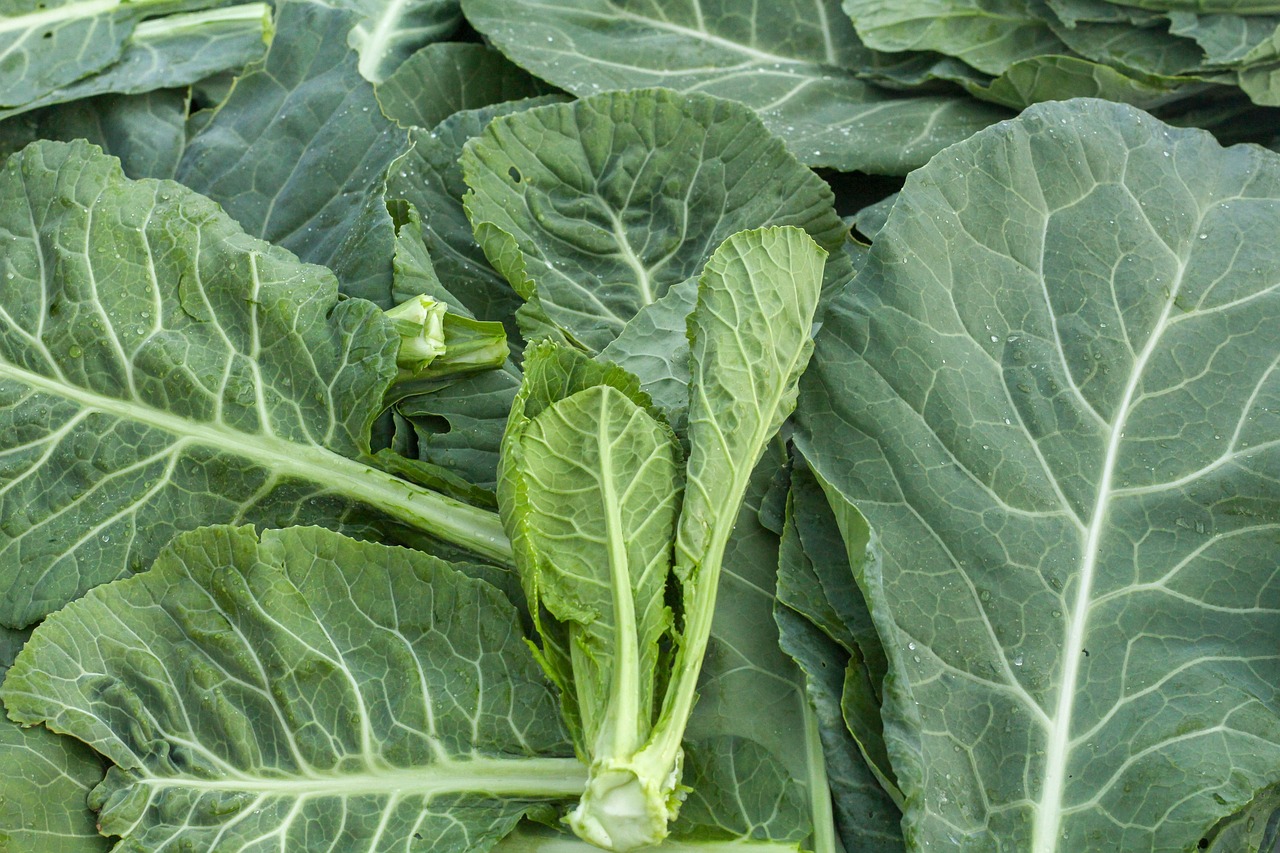
Collard Greens
Rich in calcium and vitamins C, K, A, and folate while also being low in calories. Collard Greens are a staple in southern cooking, and there are endless ways to make them!
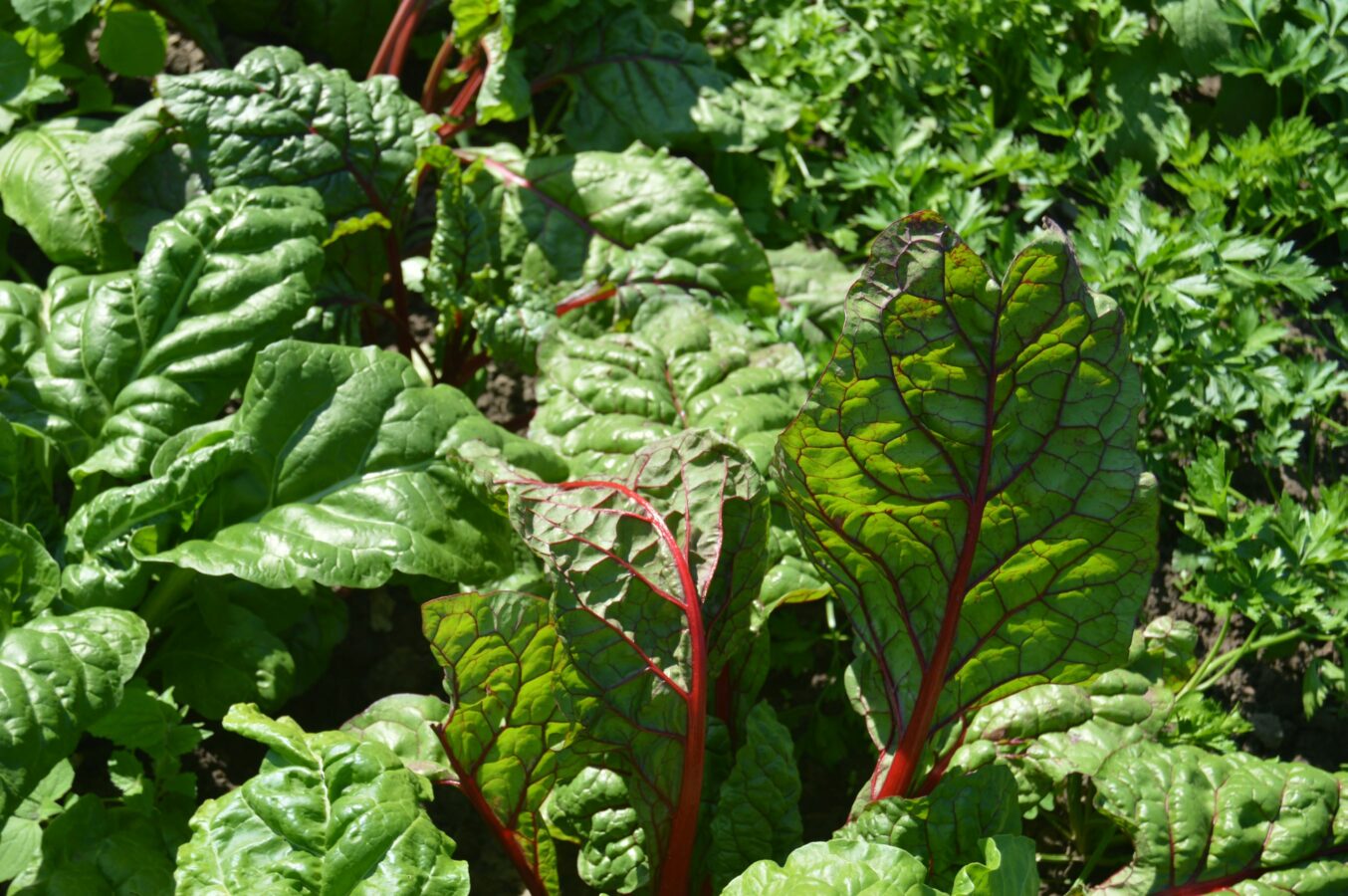
Swiss Chard
Offers a good amount of calcium when cooked – around 100mg per cup. Swiss chard makes an excellent soup ingredient!
Whole Grains And Legumes
Whole grains and legumes are excellent vegan calcium sources, providing essential nutrients and dietary fiber. Whole grains like quinoa, brown rice, and amaranth are high in calcium, iron, and zinc, making them valuable to any plant-based diet.

Teff
A tiny grain native to Ethiopia, teff is another excellent source of calcium and can be used in various dishes like porridge, stew, and baking.
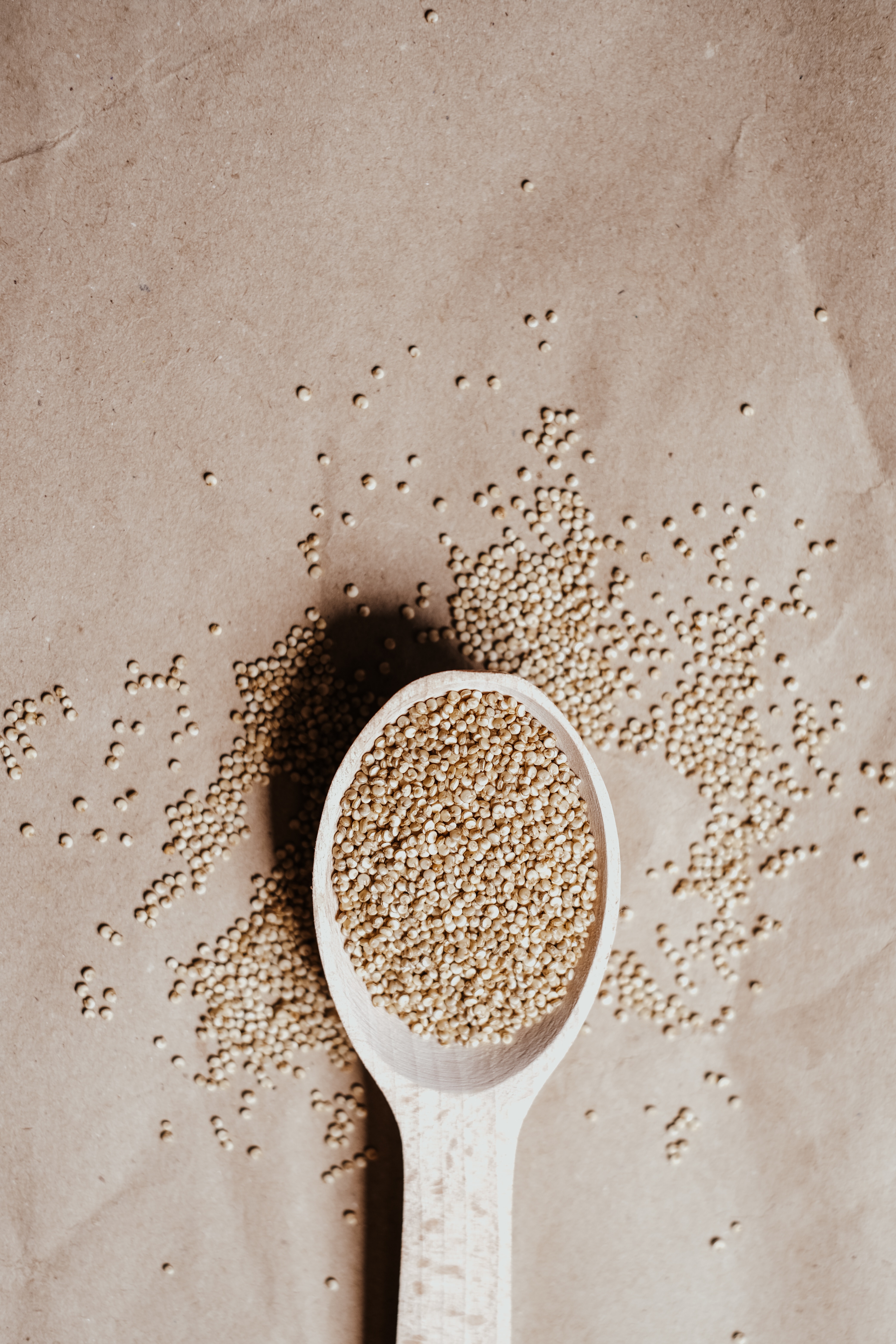
Quinoa
Quinoa provides about 31mg of calcium per cup when cooked! Use quinoa in a variety of dishes from savory, to sweet!
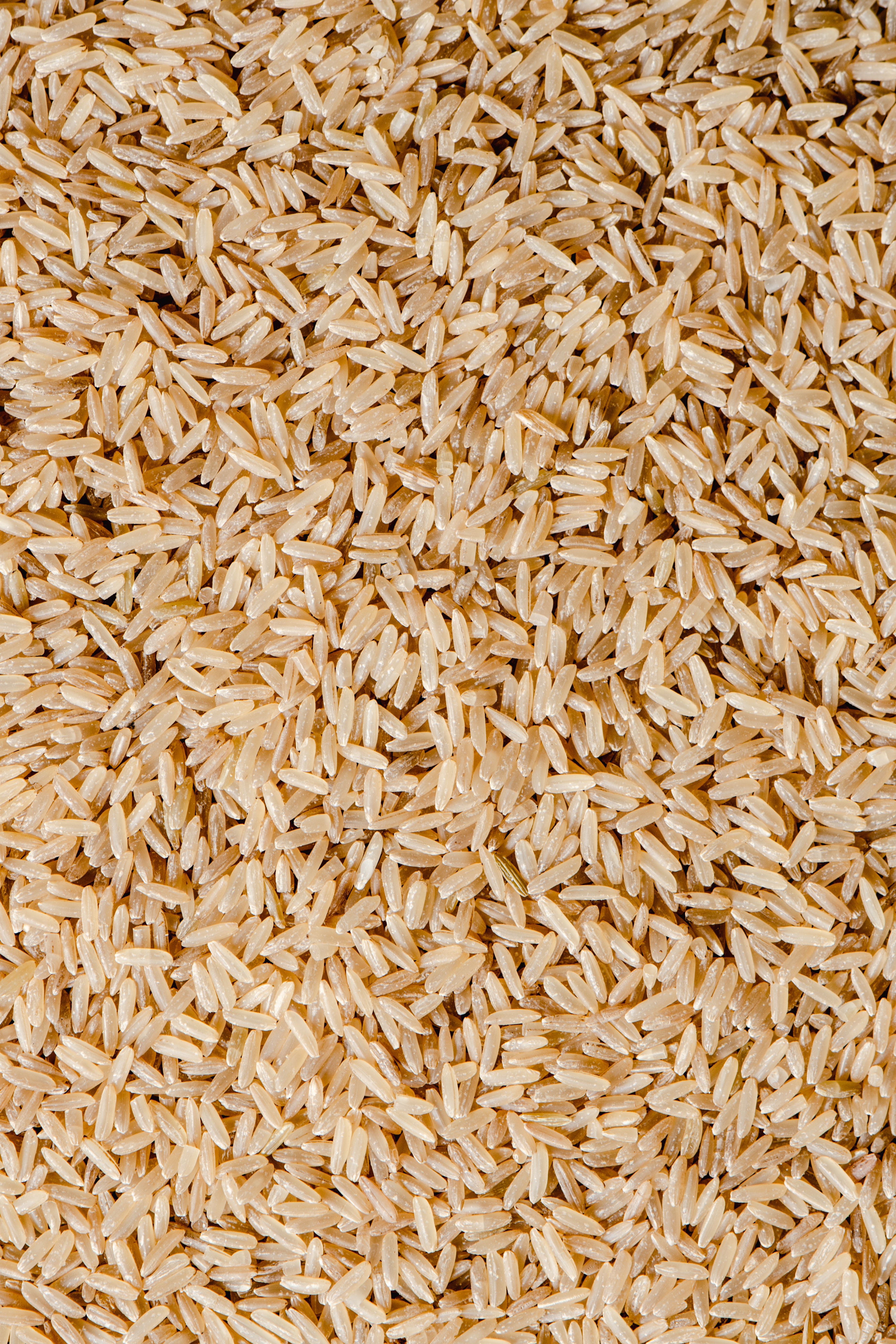
Brown Rice
Contains about 50mg of calcium per cup when cooked. Brown rice has a slightly more firm texture than white rice, and can be used in a multitude of ways, from a stand-alone side dish, to the base of a baked treat!
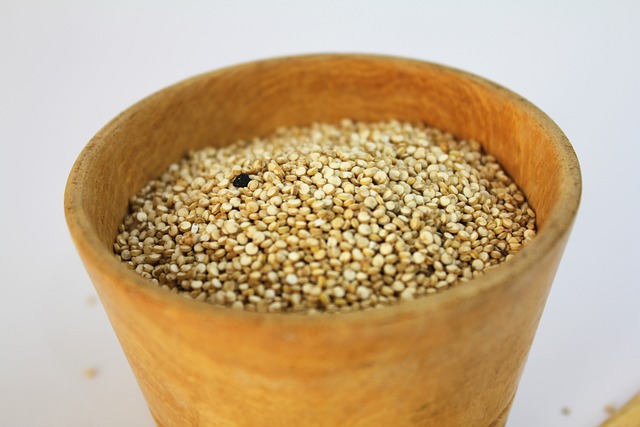
Amaranth
Amaranth, a grain-like seed, offers 135mg of calcium per half-cup when cooked, making it an excellent option for vegan calcium intake!
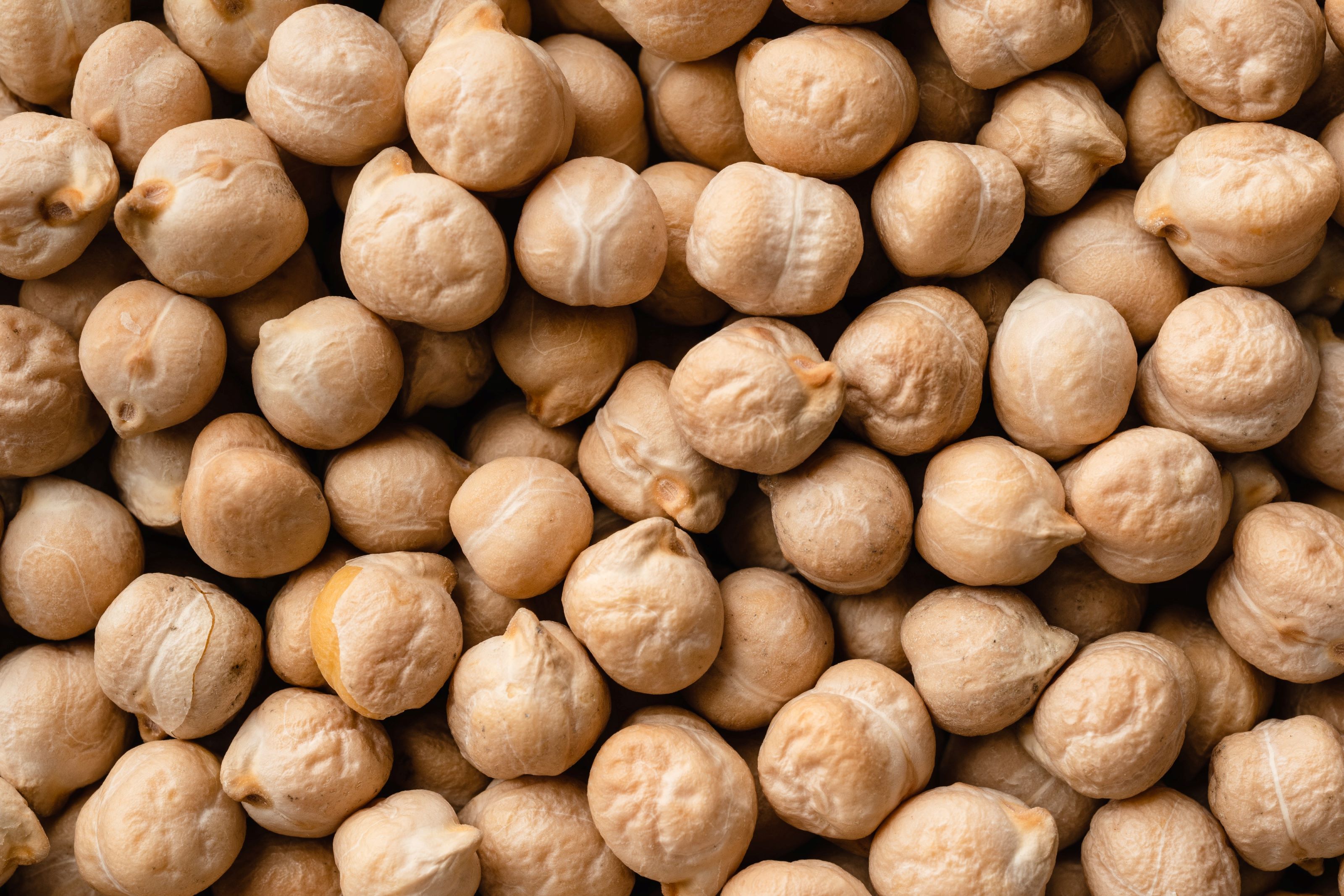
Chickpeas
Chickpeas, also known as garbanzo beans, are a good source of calcium, providing around 80mg per cup when cooked. These are a staple amongst many vegan’s dietary choices!
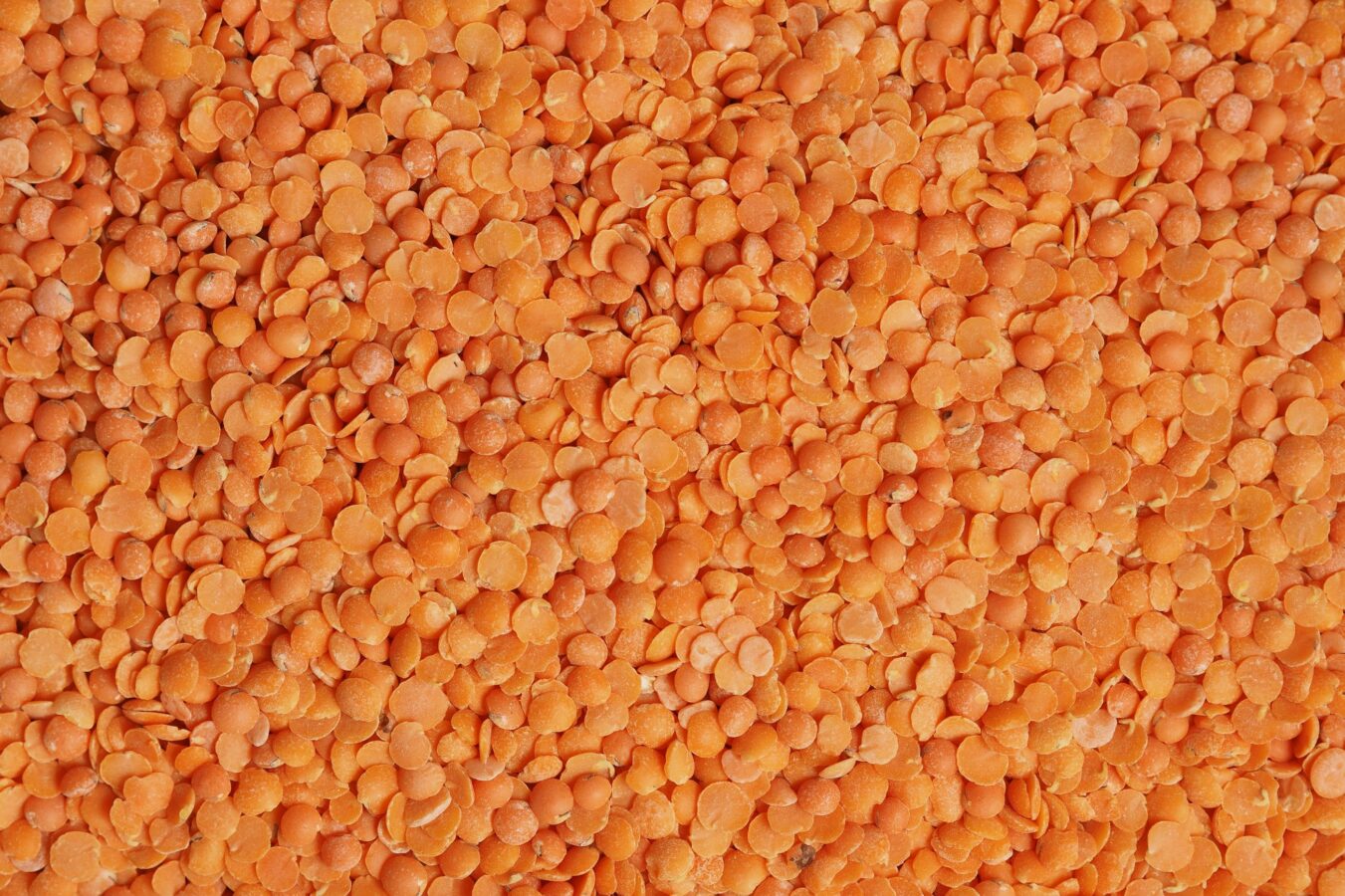
Lentils
Lentils are not only a moderate source of calcium coming in at 37mg per cup, but pack a ton of protein as well!
Nuts And Seeds
Nuts and seeds are an excellent source of calcium for vegans. These small powerhouses are packed with nutrition, including healthy fats that our bodies need. Just two tablespoons of nuts or seeds sprinkled on your overnight oats or blended into your waffles can be a source of calcium for vegans.
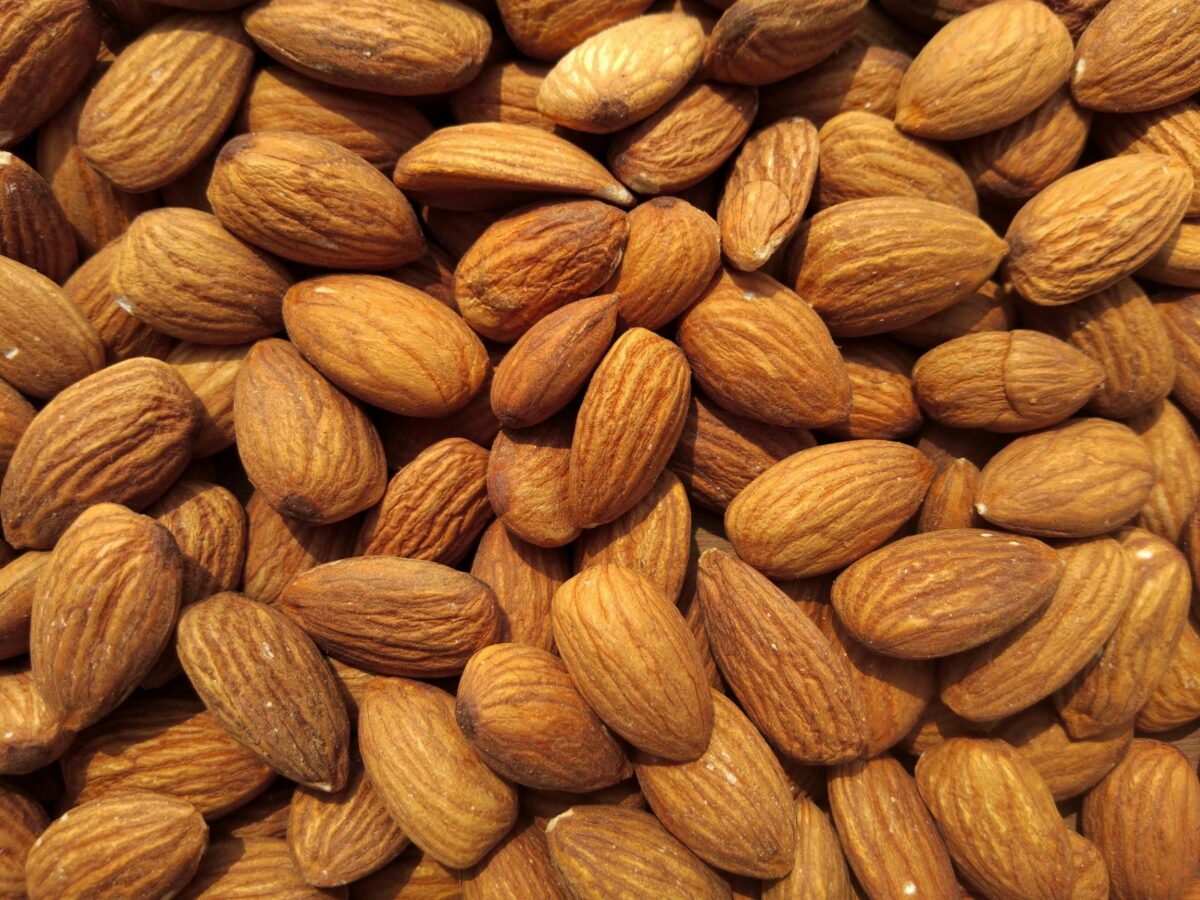
Almonds
Almonds are a good source of vegan calcium, providing about 76mg per 1-ounce serving, and are easy to incorporate into your daily diet.
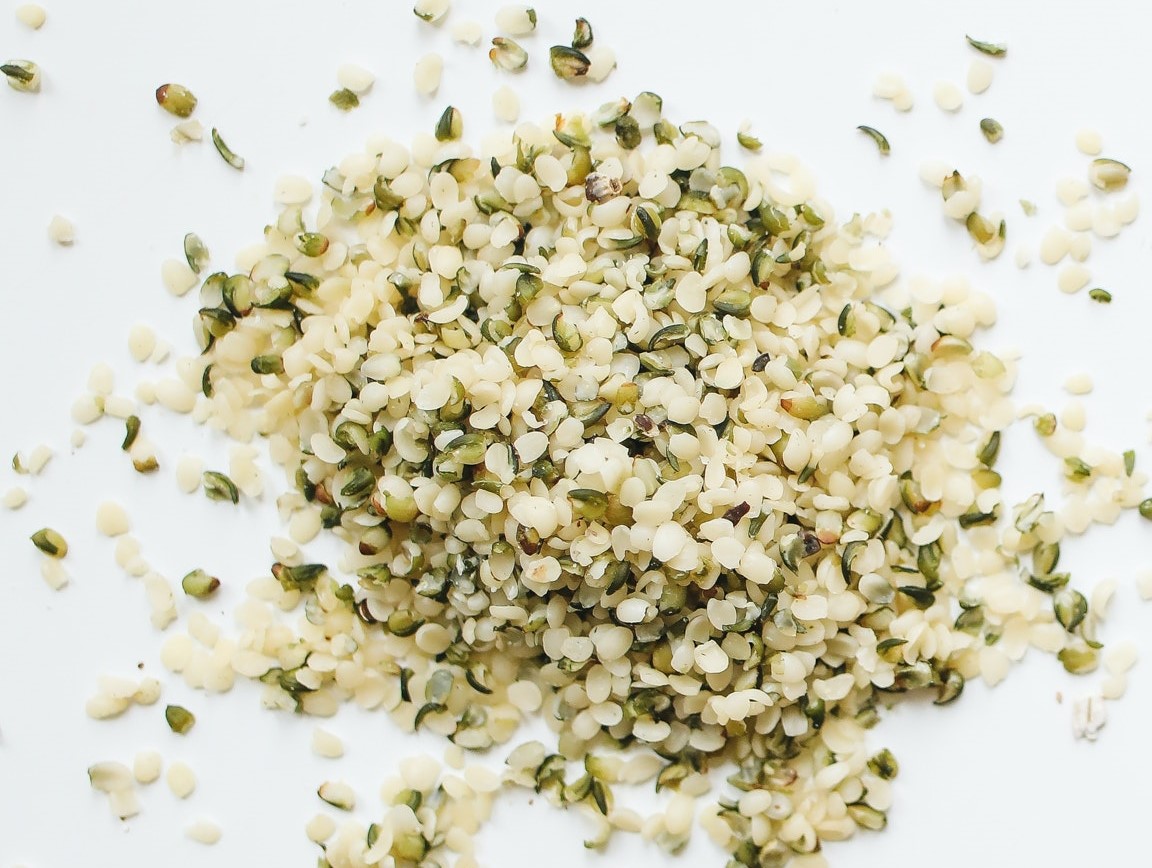
Hemp Seeds
Considered a superfood, hemp seeds offer about 70mg of calcium per 2-tablespoon serving. These are great to add into smoothies, or on top of oatmeal!
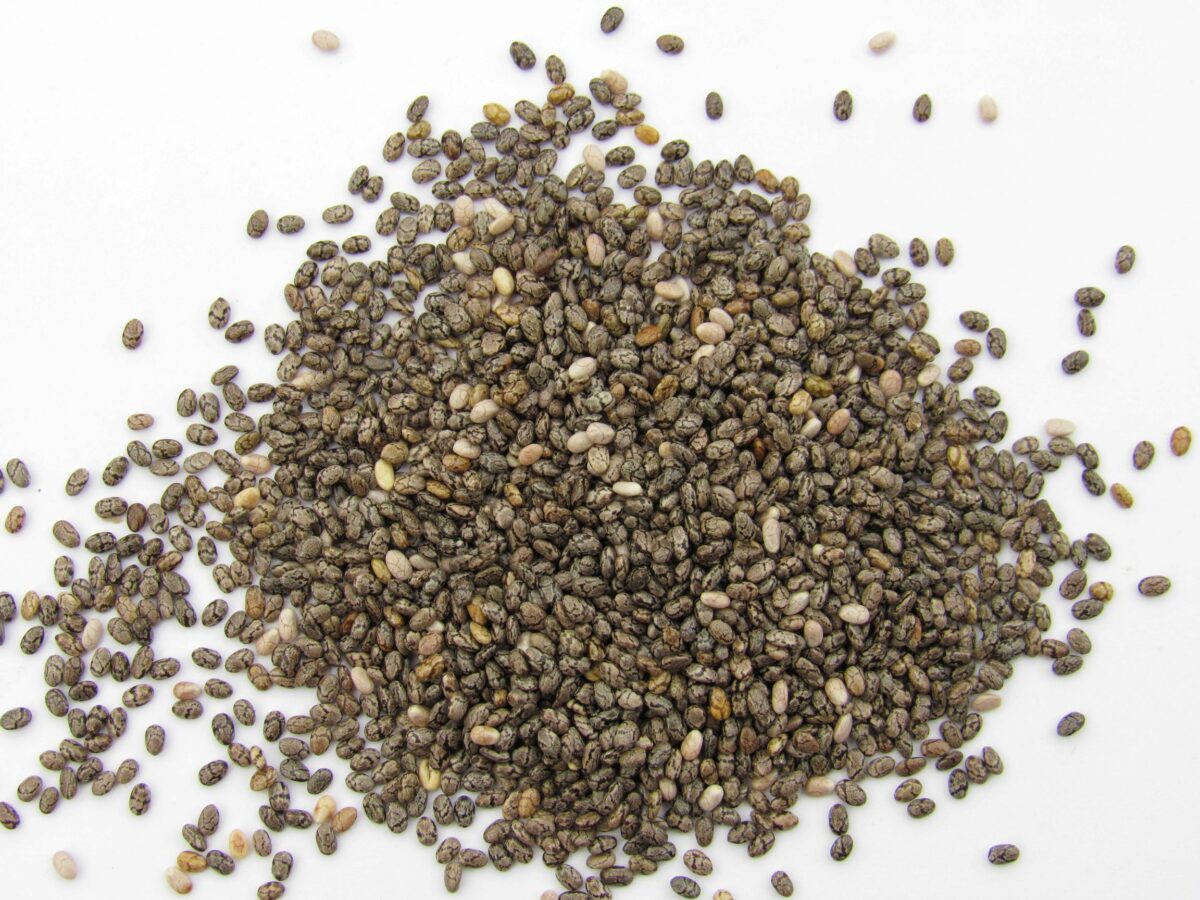
Chia Seeds
Chia seeds are a notable source of calcium, providing around 179mg per 2-tablespoon serving. You can mix these into your morning smoothie, eat with plant-based yogurt, or add them to your fruit salad!
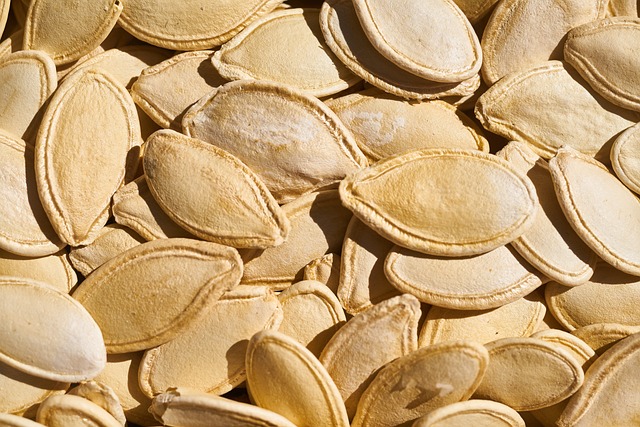
Pumpkin Seeds
Pumpkin seeds make a delicious snack, and provide a decent amount of calcium at about 48mg per 1-ounce serving.
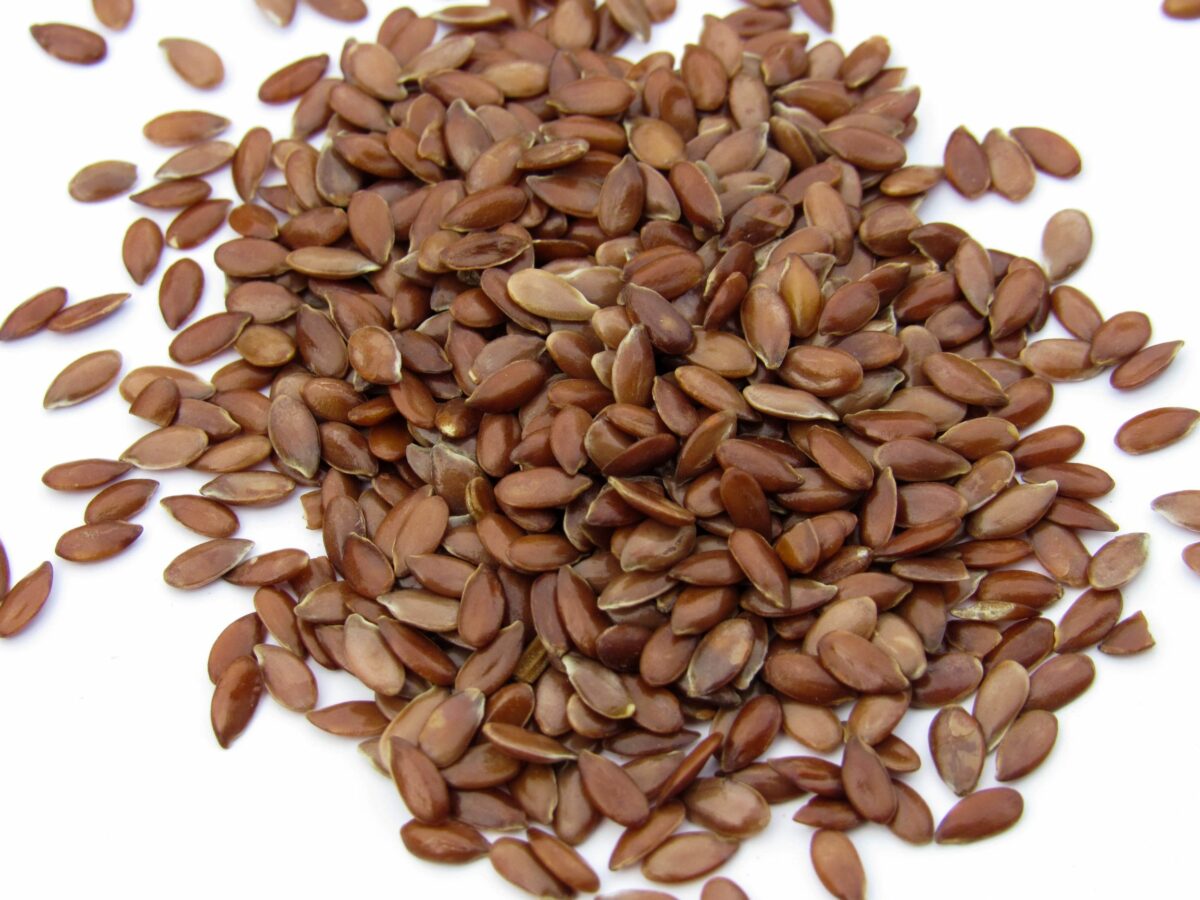
Flaxseeds
Flaxseeds are rich in omega-3 fatty acids and contain a good amount of calcium, about 73mg per serving, and can be easily added to your breakfast bowls, bread, or smoothies for extra crunch.
Fortified Foods
Fortified foods are abundant, convenient, and a great source of calcium. Fortified dairy-alternatives and tofu are versatile throughout the culinary spectrum!
Fortified plant-based milk and yogurt are excellent sources of calcium for those on a vegan diet. Many soy, almond, and oat based vegan dairy products are fortified with calcium to provide the same amount as in animal-based dairy .
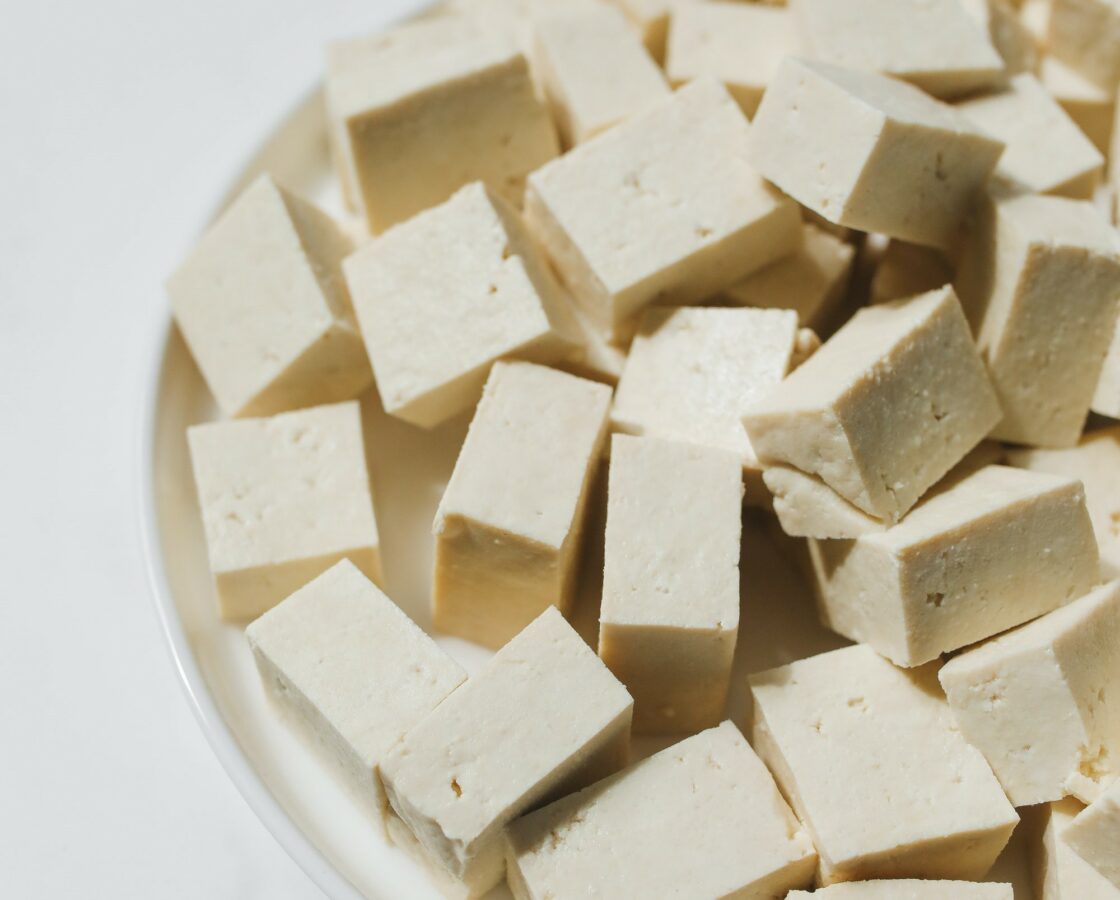
Tofu
Tofu has one of the highest amounts of calcium per serving of any ingredients! Firm tofu that is set in calcium can range from 250mg – 750mg per 4oz. Soft tofu that is not set in calcium range from 120mg – 390mg per 4oz serving.
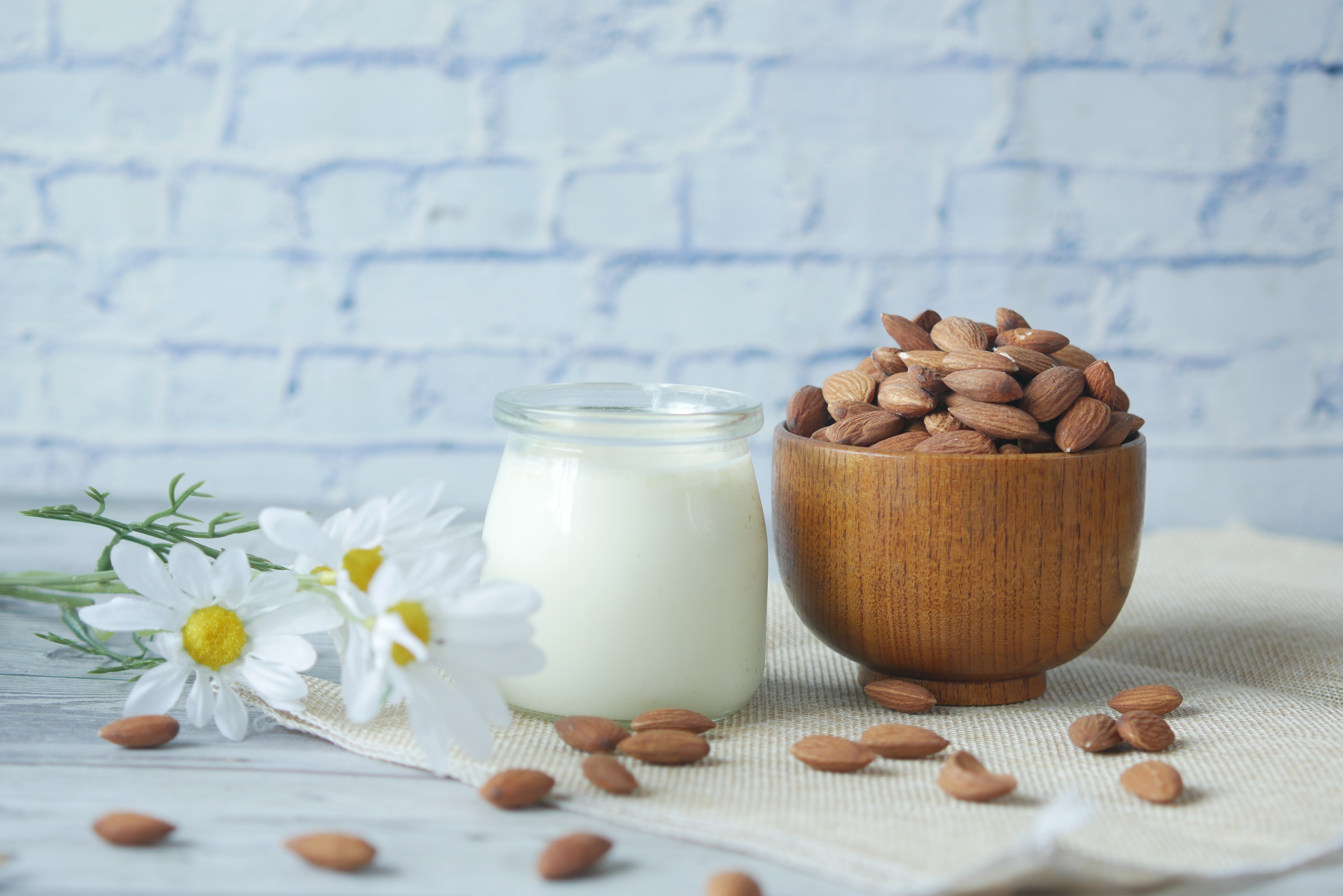
Plant-Based Milk
Incorporating fortified plant-based milk into your daily routine is simple; it can be added to coffee or tea, used in smoothies or poured over cereal. Consider whipping up a creamy vegan Alfredo sauce using fortified cashew or soy milk. This can elevate your pasta dishes while boosting your calcium and Vitamin B-12 intake.
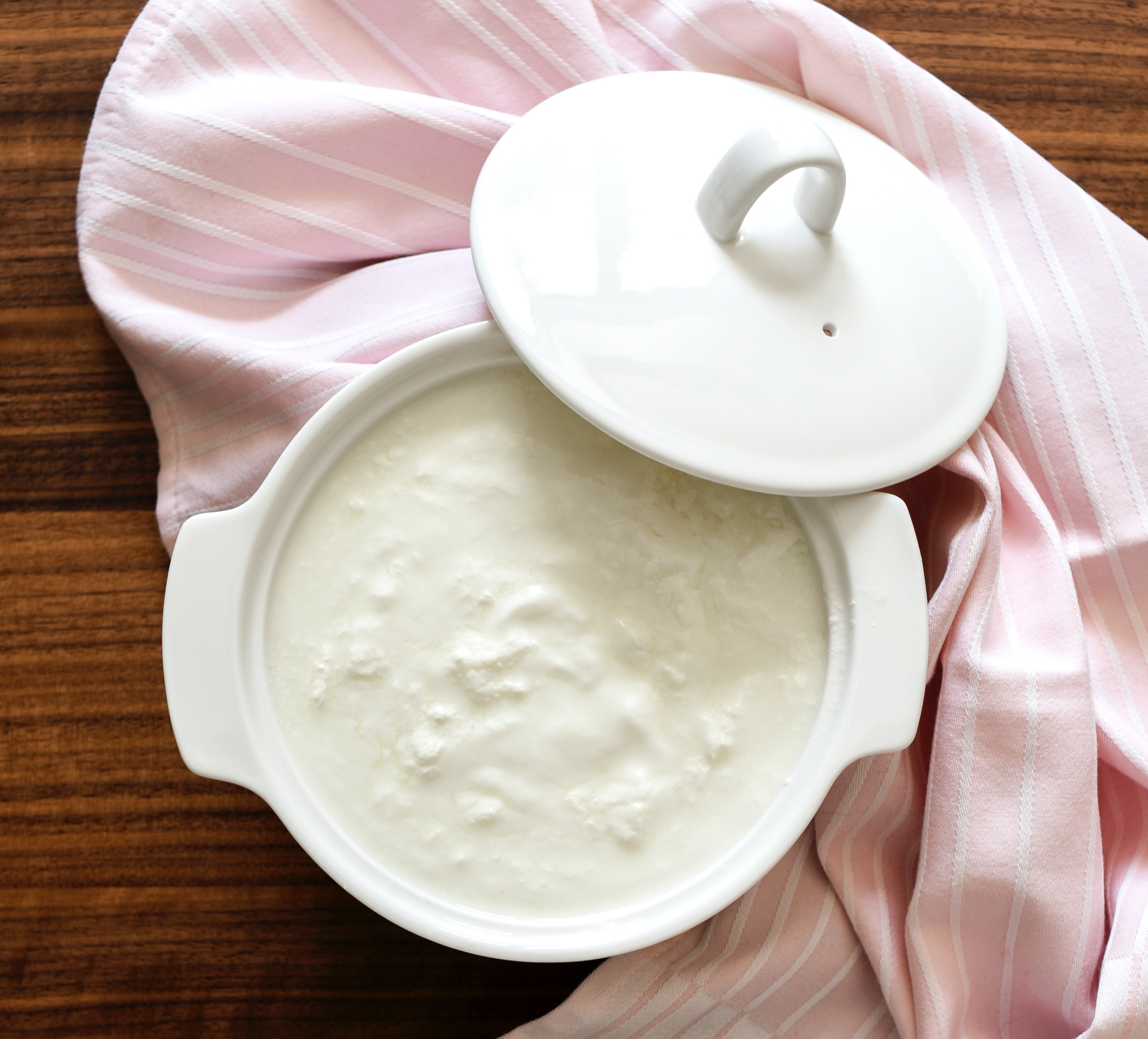
Plant-Based Yogurt
It’s also worth noting that some varieties of non-dairy yogurt are enhanced with calcium, providing another convenient option for additional dietary intake.
Vegan Calcium Supplements
Vegan calcium supplements, including standalone calcium supplements or combination supplements with vitamin D and other minerals, can be useful in ensuring adequate daily mineral intake for vegans.
They come in various forms like tablets, capsules, and chewable, making it easier for individuals to choose the type that best suits their preferences and lifestyle. Studies have shown that taking calcium supplements has been linked to decreased hypertension risk and cholesterol regulation.
However, talking to your healthcare provider before starting any dietary supplement is important to ensure they don’t interfere with your medications or cause adverse side effects. Moreover, too much calcium from supplements can lead to kidney stones or heart disease, so it’s crucial to stick to recommended dosages.
Vitamin D Supplements
Vitamin D supplements are essential for maintaining adequate calcium levels, especially for those following a vegan diet. As mentioned earlier, vitamin D promotes calcium absorption in the gut and helps maintain appropriate serum calcium and phosphate concentrations.
Vegans can struggle to find good sources of vitamin D as it is primarily found in animal products such as fish oil, egg yolks, and cheese. However, fortified plant-based alternatives like soy milk or almond milk can provide vitamin D, and other fortified foods like cereal and orange juice.
Additionally, exposure to sunlight produces Vitamin D naturally in the body making outdoor activities essential for optimal health. However, fortified foods or vitamin D supplements can be essential during months with less sunlight to prevent deficiencies and promote calcium absorption.
Consider also integrating mushrooms exposed to ultraviolet light into your diet, as they can produce vitamin D similarly to how our skin does.
How the Body Uses Calcium
The body absorbs calcium through the small intestine, which is broken down and passed into the bloodstream for use by the bones, muscles, nerves, and other organs.
Positive Absorption Interactions
Combining supplements may be worth considering if you’re a vegan looking to supplement your calcium intake. These supplements are typically taken together for their synergistic properties.
- Calcium & Vitamin D: According to National Institutes of Health (NIH), “Optimal vitamin D levels are necessary to increase the efficiency of calcium absorption. Without adequate vitamin D, the body absorbs no more than 10% to 15% of dietary calcium. In the vitamin D–sufficient state, the intestinal calcium absorption increases to 30% to 40%.”
- Calcium & Vitamin K: The National Institutes of Health (NIH) states, “Calcium is directly influenced by the amounts of vitamin K in the body as it affects processes, such as the calcification of blood vessels, maturation of sperm in the testes and bone formation.”
Negative Absorption Interactions
- Proton Pump Inhibitors (PPIs): Often taken for heartburn, log-term use of these medications can interfere with calcium absorption. It’s essential to consult with your healthcare provider about any possible interactions.
Lifestyle Factors That Impact Calcium Needs
Calcium needs can vary depending on various lifestyle factors and stages of life. Physical activity level, age, pregnancy, and lactation influence the body’s calcium requirements.
Alcohol Consumption
High consumption of caffeine and alcohol can interfere with calcium absorption and increase calcium excretion through urine. according to the National Institutes of Health (NIH), “Increased urinary calcium excretion was consistently found in the chronic alcohol drinkers.”
Age
Zinc needs change throughout different stages of life. According to the National Institutes of Health (NIH):
- Infants up to 6 months old: 200mg of calcium daily
- Children 7 months – 12 months old: 260mg of calcium daily
- Children 1 year – 3 years old: 700mg of calcium daily
- Children 4 years – 8 years old: 1000mg of calcium daily
- Children 9 – 13 years old: 1300mg of calcium daily
- Adolescents 14 – 18 years old: 1300mg of calcium daily
- Adults 19 – 50 years old: 1000mg of calcium daily
- Adult Men 51 – 70 years old: 1000mg of calcium daily
- Adult Women 51 – 70 years old: 1200mg of calcium daily
- Adult 70+ years old: 1200mg of calcium daily
Pregnancy and Lactation
The body’s demand for zinc increases during pregnancy and lactation to support the growing baby’s development and breast milk production.
- Pregnant and Lactating women aged 14 – 18 years old need 1300mg of calcium daily
- Pregnant and Lactating women aged 19+ years old need 1000mg of calcium daily
It’s important to note that these are general guidelines, and individual needs can vary. Always consult with a healthcare provider to determine your specific nutritional needs. If you follow a vegan diet, it’s crucial to ensure you consume enough zinc-rich foods or consider supplementation if necessary.
By being aware of these lifestyle factors and promoting good bone health, individuals can ensure they get the most out of their calcium-rich diets and supplements.
Tips for Meeting Calcium Needs on a Vegan Diet
To ensure optimal levels of calcium intake, it’s essential to make lifestyle choices promoting the process.
Utilize Fortified Foods
Consider incorporating fortified foods into your diet. Many plant-based milks, breakfast cereals, and meat alternatives are fortified with zinc. Always read the label to see if zinc has been added.
Diversify Your Diet
A varied diet is a key to ensuring you get enough calcium and other essential nutrients. Include a variety of vegetables, legumes, nuts, and seeds in your meals throughout the week.
Consider a Vegan-Friendly Calcium Supplement
If you’re finding it difficult to meet your calcium needs through diet alone, or if you’re in a life stage that requires higher calcium such as pregnancy, lactation, or adolescence, consider taking a vegan-friendly calcium supplement. Always consult with a healthcare provider before starting any new supplement regimen.
Consume Enough Vitamin D
Vitamin D is necessary for calcium absorption. You can get your daily dose of this nutrient through sun exposure or by consuming fortified dairy products and fish oil.
Get Enough Vitamin K
Vitamin K helps regulate calcium levels and supports bone health. Include kale, broccoli, and Brussels sprouts to meet your daily vitamin K requirements.
Exercise Regularly
Weight-bearing exercises help keep bones healthy and strong by promoting calcium absorption.
Avoid Excessive Caffeine and Alcohol Consumption
Consuming too much caffeine or alcohol can interfere with calcium absorption.
Don’t Smoke
Smoking has been linked to reduced bone density and an increased risk of fractures due to its negative impact on calcium absorption.
FAQ
Can vegans get enough calcium without consuming dairy products?
Yes, there are plenty of plant-based sources of calcium, such as fortified plant milks, tofu, almonds, leafy greens like kale and broccoli, and fortified orange juice.
How can I ensure I meet my daily calcium requirements on a vegan diet?
Aim to include a variety of calcium-rich foods in your diet and consider supplements if necessary, while being mindful of fortified products and calcium-enriched plant-based alternatives.
Are there any calcium-rich fruits for vegans?
Yes, some fruits like oranges, figs, and blackberries contain small amounts of calcium and can be incorporated into a vegan diet to help meet calcium needs.
